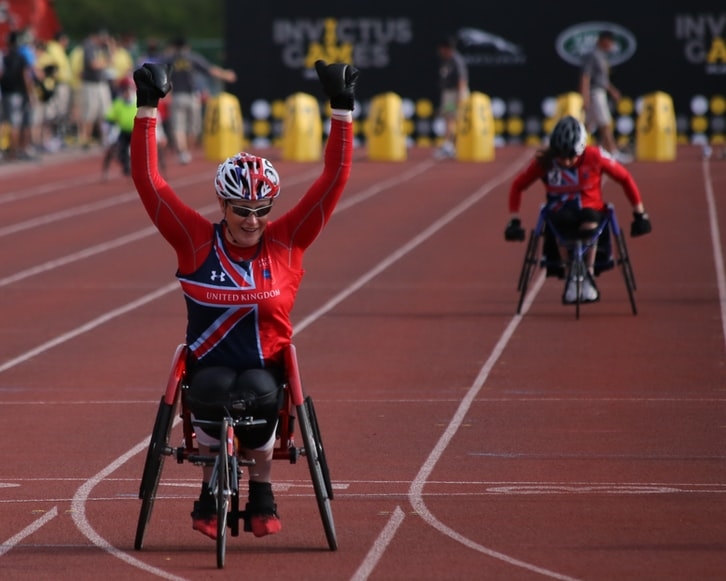The NDIS Application Steps
Updated at 2021-12-22 05:41:22
Our recent article regarding to NDIS plan manager got a lot of enquires about the application process from the potential NDIS participants’ families and friends, we wrote this article of the NDIS application steps for your reference and consideration. After registered as NDIS participants, we could assist you for manage your plan without extra charge within your plan, all charges are paid by NDIS and on top of your plan.
NDIS- National Disability Insurance Scheme
The national disability insurance scheme (NDIS) is an Australian government-funded scheme designed to help eligible Australians with permanent or severe disabilities. This scheme could provide eligible people with disabilities with information and connections to services in their communities such as doctors, sporting clubs, support groups, libraries and schools, as well as information on state and territory government services and assistance for disabled people.
How to apply for NDIS?
Step 1 Identify whether you are eligible people with disabilities
Application Conditions
If you meet the following criteria, you could become a participant.
- People aged 7 to 65 could access the NDIS support
- This NDIS is only available to
- people who live in Australia- Australian citizens- Permanent Visa holders- Protected special category visa holders
- People who usually need someone’s support due to permanent and major disabilities
- People who use special equipment due to permanent and major disabilities
- People who need some supports now to reduce future needs
If you meet the application conditions, you need to provide good evidence of your disability.
What is considered good evidence of disability?
Providing good evidence of disability will support national disability insurance agent (“NDIA”)'s decision on your eligibility for NDIS. The good evidence is:
- Current or recent
- This is done by a healthcare professional associated with your primary disability
- Identify your primary disability
- Identify the impact of your disability on different aspects of your life
- Describe previous treatment and results
- Describe future treatment options and expected outcomes of these treatments.
Types of disability evidence:
Primary disability:
- Acquired brain injury
- Autism Cerebral palsy
- Hearing impairment
- Intellectual disability, Developmental delay, Global developmental delay, Down syndrome
- Multiple Sclerosis
- Psychosocial disability
- Spinal cord injury
- Stroke
- Vision impairment
- Other
You can ask your healthcare professional to provide proof of your disability.
Common examples of healthcare professionals include:
- General practitioner (GP)
- Paediatrician
- Orthopaedic surgeon
- Occupational therapist
- Speech pathologist (therapist)
- Neurologist
- Psychologist
- Psychiatrist
- Physiotherapist
- Be the most appropriate person to provide evidence of your primary disability; and
- You have been treated for a long time (e.g. at least six months).
What evidence do I need from my therapist?
This will depend on your primary disability. If you have not received one of the assessments listed on the disability type evidence page, your healthcare professional will need to provide the following evidence:
You have or may have a permanent disability, including the following information:
- Type of disability
- The date your disability was diagnosed (if any)
- How long the disability will last
- Available treatment methods (i.e. drugs, therapy or surgery)
- Movement / motor skills communicate
- Social connections study
- Self-care
- Self-management.
Your healthcare professional can provide evidence by:
- Fill in NDIS supporting evidence form; or
- Fill in NDIS psychosocial disability evidence form (preferred for primary psychosocial disability); or
- Section 2 of the access request form; or
- Provide an existing report, assessment or letter showing the impact of your disability.
In special cases, if you do not have any existing assessments, NDIA staff can complete a general standardized functional assessment (such as WHODAS or PEDI-CAT) with you or your authorized representative.
Chang Accounting Advisory Pty Ltd, we are CPA practice and NDIS registered plan manager, we could help NDIS participants to manage their funds. If you or your families or friends need our services, please feel free to contact our team for any assistance.
This article is for informational purposes only and does not form part of our advice. This article is based on NDIS guideline. Please contact our team if you need any assistance.
Claire Chang, 0497 131 419, claire.chang@changadvisory.com.au, WeChat: clairechang26
Michelle Cui, 0433 539 870, michelle.cui@changadvisory.com.au, WeChat: michellejc


Post in category
-
Super Contributions
Claire Chang Updated on 2022-07-22 12:13:26
-
养老基金供款
Claire Chang Updated on 2022-07-30 09:27:57
-
Self-managed Super Funds Auditing
Claire Chang Updated on 2022-07-20 06:18:24
-
自管养老基金相关审计
Claire Chang Updated on 2022-07-20 06:00:04
-
Queensland’s New Land Tax Approach for Interstate Investors
Claire Chang Updated on 2022-07-20 05:41:17



Claire Chang